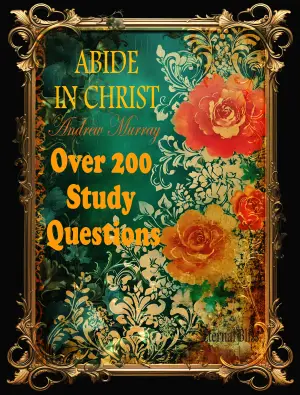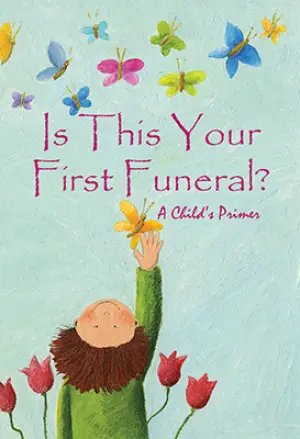I recently finished Perelandra, the second book in C.S. Lewis’s Space Trilogy, and I must say, it’s an experience that resonates even more deeply with me now than when I initially picked it up. As a passionate lover of science fiction intertwined with philosophical musings, I have always been curious about the ways literature can delve into profound ideas about existence, morality, and the human condition. When I stumbled upon the Space Trilogy, particularly Perelandra, I was instantly intrigued—not only for its rich storytelling but also for the fascinating theological and philosophical undertones it promised.
The premise takes us to Perelandra, a world akin to a new Eden, where lush landscapes and friendly creatures create a stark contrast to the existential crises often found on Earth. The narrative tracks Dr. Ransom on his journey to this planet, where he faces significant challenges against a dark force that seeks to corrupt this paradise. Right from the onset, I appreciated how Lewis’s world-building is executed, drawing readers into an ethereal realm where moral and cosmic battles unfold.
Readers have praised the book for its ability to breathe life into theological doctrines, and I wholeheartedly agree. The book’s exploration of good versus evil feels timely and timeless, echoing moral concerns that resonate with readers of all backgrounds. As J. M. Shelton noted in his review, the philosophical discourse in Perelandra is compelling and can leave discussions on theism and morality feeling both sacred and challenging. It’s evident that Lewis expertly weaves philosophy with creativity to provoke thought and reflection, making it a rich read.
However, I must acknowledge a few drawbacks that have also been echoed by other readers. Some, like Daniel, found the pacing a bit slow at the start, which made it hard for him to stay engaged initially. I didn’t encounter this issue as much; still, I can see how some may feel that the slower setup takes away from the thrilling adventure one might expect from a sci-fi narrative. The action does not come in waves; instead, it’s peppered throughout a more contemplative journey, which might not align with every reader’s expectations.
Additionally, while the artistic contemplation of beauty and purity was magnificent, a few passages felt overly drawn out for my taste. Sometimes, I found myself skimming through sections that, while beautifully articulated, didn’t advance the plot in a way I thought necessary. Still, these moments were few and far between, often overshadowed by the sheer artistic craftsmanship of Lewis’s prose.
On the flip side, the characters, particularly the Queen of Venus, are beautifully drawn and exude innocence and curiosity, which I found extremely refreshing. The portrayal of their relationship with nature and their interaction with Dr. Ransom added depth and tenderness to the narrative, reminding me that beauty and purity are profound motivations worth exploring—even in the face of impending doom.
The ending truly caught me off guard in a wonderful way! I won’t spoil it here, but it left me reflecting on the significance of choice and the resilience of the human spirit against darkness. The allegorical elements are so well crafted that I often found myself pausing to reflect on their implications in our modern lives.
In conclusion, Perelandra exceeded my expectations in many respects, offering a unique blend of thought-provoking concepts and magical storytelling. While it may not be the fast-paced thrill ride some readers seek, for those who appreciate literary depth and philosophical inquiry, it stands as a testament to Lewis’s brilliance. I would recommend it not just for fans of Lewis or those interested in religious allegory but for anyone curious about the intersection of science fiction and profound questions about existence. If you are willing to invest in its slow-burning narrative, you’ll find it rewarding and enriching.
Dive into the mesmerizing world of Perelandra and explore a cosmic battle of good and evil. >>








